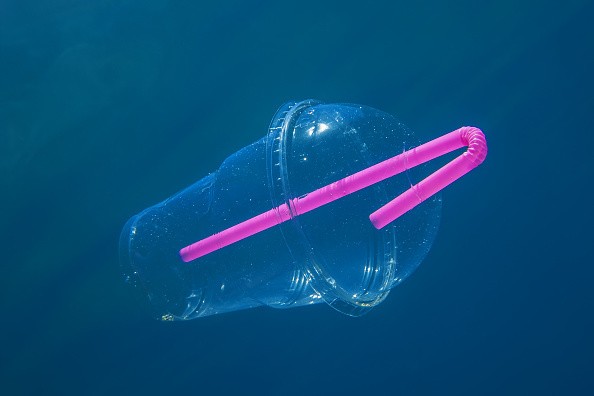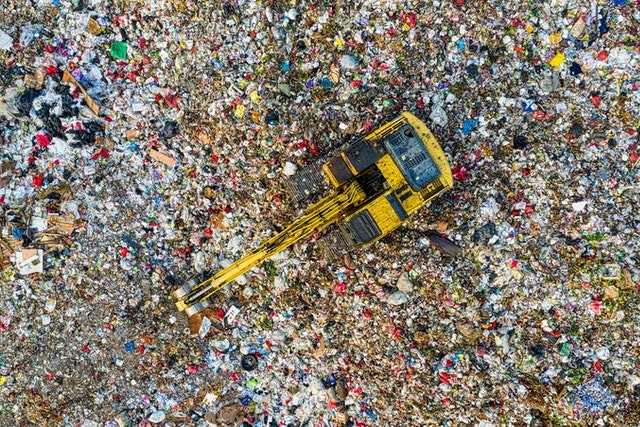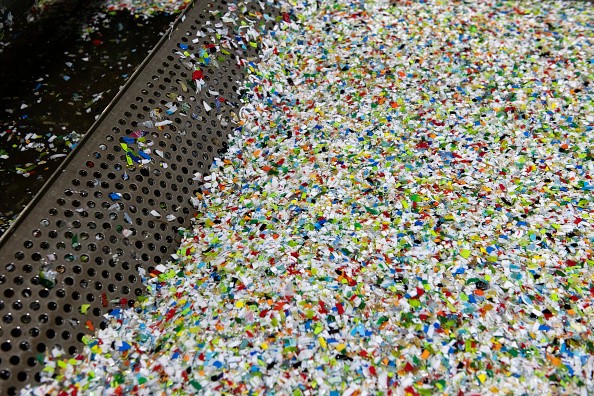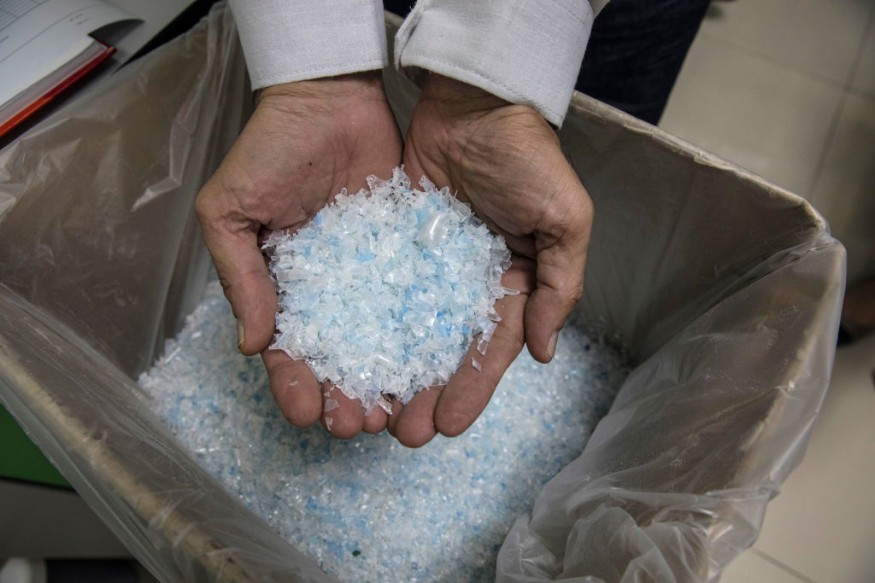Plastics may be found almost anywhere. They may be found in our water, food, and even the air we breathe. They can be found in far-flung glaciers and deep within the ocean.

Furthermore, plastic is primarily composed of carbon, which is released into the environment as rubbish decomposes. When Aron Stubbins was organizing lectures on the Earth's carbon cycle, he decided to check into how much carbon plastics were adding to the natural systems of our globe.
Stubbins, a professor of marine and environmental sciences, chemistry, and chemical biology, and civil and environmental engineering at Northeastern, said what he discovered was "surprising." "It was obvious that plastics were now accounting for a large portion of the carbon in some settings. In certain ecosystems, there is as much plastic carbon as there is natural carbon."
Plastic in Carbon Pollution

Stubbins reached out to other scientists who research plastics and natural sediment cycles to his estimates and explore the consequences.
With their help, Stubbins created a diagram of the worldwide plastic-carbon process and a calculation of how much carbon plastics add to the ecosystems they contaminate. Last week, their findings were published in the journal Science.
Stubbins explains, "We've introduced a new material plastic carbon cycle alongside the natural carbon cycle." According to him, the consequences of this are yet unknown.
Still, the large amount of carbon brought into the natural world by plastic pollution might have a ripple effect throughout living forms, ecosystems, and even the planet's climate.
Read also: Seafood's Secret Ingredient: Microplastic
Rise in Plastic Manufacture

Around 1950, plastic manufacture and use became more serious. By 1962, the quantity of carbon in plastics produced had surpassed the entire amount of carbon in all individuals on the globe, according to Stubbins.
By 1994, the quantity of carbon derived from plastic had exceeded the total amount of the chemical element in all mammals. After all, we are all carbon-based organisms. He replies, "The plastics are simply piling up."
Plastic-derived carbon is found in various habitats across the world. Still, some of the most important accumulation occurs in the surface waters of subtropical ocean gyres, where ocean currents cycle in such a manner that floating debris collects in a patch.
And, according to Stubbins, such parts of the ocean are inherently low in carbon. So, if the plastics that end up there dissolve and release carbon into the ecosystem, the chemistry there might be dramatically altered.
Climate Change
It's also possible that it will change the climate, he says. This is because the interchange of material between the ocean and the atmosphere is aided by a thin layer on the surface of the world's seas. That exchange's aerosols and trace gases can "alter atmospheric chemistry, which can influence climate," he adds. "So if there's a significant concentration of plastics in that layer at the sea's very surface, it may have consequences for the lower atmosphere."
According to Stubbins, the presence of so much plastic-derived carbon might throw scientists' calculations off when trying to comprehend the natural carbon cycle and climate change. "We believe we are just detecting natural organics. Therefore if we also measure plastics, our results would be skewed." As a result, we must be mindful that plastics may be present in our samples, especially in these systems."
Plastic Sediments

According to Samuel Muoz, associate professor of marine and environmental sciences and civil and environmental engineering at Northeastern, there is still a lot to learn about how plastics affect the Earth's natural processes. He's particularly interested in how sediments' movement alters the planet when plastic particles are mixed in.
"We've been trying to understand how silt travels through the ecosystem for more than a century," he says. "And now there's all this other stuff that's kind of significant in some areas. However, the processes through which it moves will be different. It will occasionally float rather than sink. It can get airborne more easily at times. It doesn't always settle out as quickly in a water column as sediment."
"Yes, plastics are everywhere," Muoz adds, "but there is a lot we don't know about them." "I regard this study as almost a call to arms to scientists" to figure out how this substance affects the Earth's systems in a variety of ways.
For more environmental news, don't forget to follow Nature World News!
© 2025 NatureWorldNews.com All rights reserved. Do not reproduce without permission.





